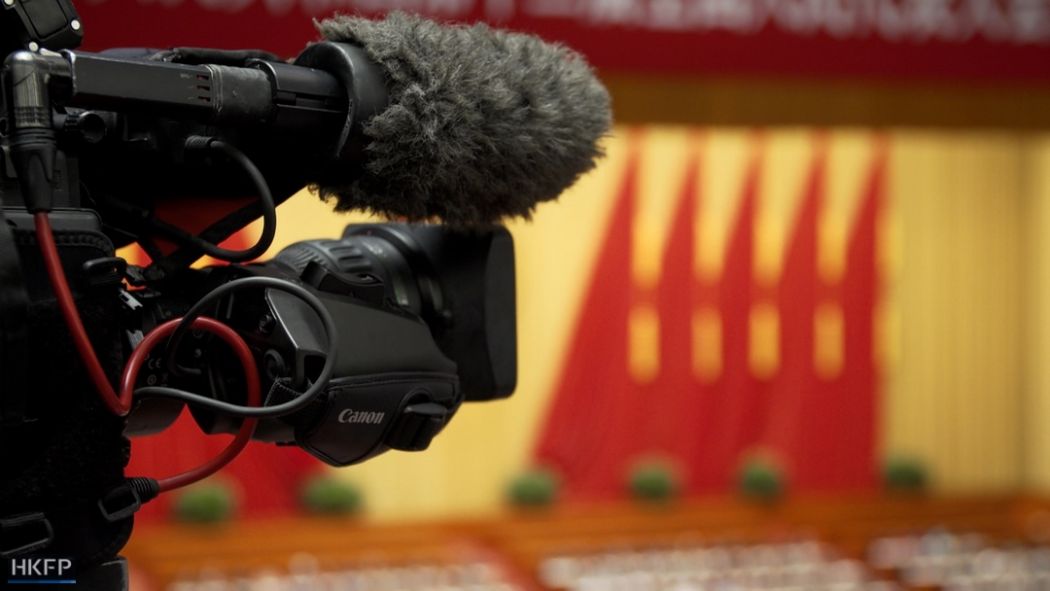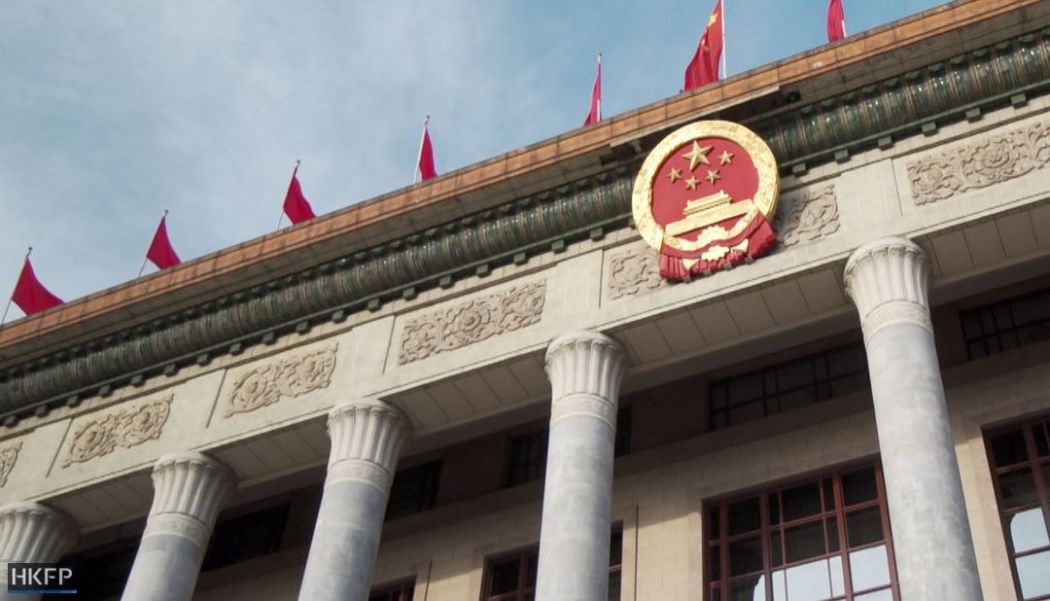China’s Communist Party opens its 19th National Congress on Wednesday, a twice-a-decade political meeting to reshuffle leadership positions.
Here are five questions and answers regarding the opaque selection process:
What’s the meeting about?
China’s Communist Party has held 18 congresses to fill its leadership ranks since 1921. The party, which has held absolute power since 1949, organises the meetings every five years.

This year, 2,287 delegates from across the country will descend on Beijing in a highly choreographed event to pick members of the 205-person Central Committee.
The committee will name the line-up of the country’s anti-graft watchdog, the Central Commission for Discipline Inspection (CCDI).
It will also select members for the 25-person Politburo and its all-powerful Standing Committee — the country’s highest leadership body comprising just seven people.
The Standing Committee will be unveiled at the end of the congress, which usually lasts about a week.
At the very top, President Xi Jinping is expected to cruise to a second, five-year term as general secretary of the party, like his two immediate predecessors, Hu Jintao and Jiang Zemin.
Xi will speak at the conclave to summarise the country’s achievements in the past five years and lay out the direction for the next five.
Who’s on the Standing Committee?
The current Standing Committee consists of Xi, Premier Li Keqiang, Zhang Dejiang, Yu Zhengsheng, Liu Yunshan, Wang Qishan, and Zhang Gaoli.

Career bureaucrats who rose through the Communist party ranks over decades, these seven men call the shots in the world’s most populous country, each getting one vote on key policy decisions.
As general secretary, Xi reigns supreme, setting the agendas for their frequent, secret meetings.
One other man stands out from the pack: Wang Qishan is Xi’s powerful right-hand man and heads the president’s sweeping anti-corruption campaign, which has brought down senior and lower-level officials.
Who’s leaving?
Since 2002, Standing Committee members aged 68 or above at the time of the party congress have stepped down, abiding by the unwritten rule of a retirement age first employed by then-president Jiang Zemin to dump an ageing rival.

If the informal rule is upheld this year, five out of seven members will step down, leaving only Xi, 64, and Li, 62.
Eleven of the Politburo’s 25 politicians are also due to retire.
But there is much speculation that tradition may be broken this year, with some analysts predicting that Wang Qishan will be allowed to stay on despite being 69.
Such a move would allow Xi to keep a close ally. But it would also set a precedent for Xi to remain on the committee at the next congress in 2022, when he turns 69.
Will a successor to Xi emerge?
China’s constitution limits the president and premier to two five-year terms, but there are no rules for the duration of party jobs — where the real power lies — except a ban on “lifelong tenure”.
This has heightened speculation that Xi may try to stay in power in some capacity after 2022, especially since no one has emerged as a clear frontrunner to succeed him.
In late September, former Politburo member and Chongqing party secretary Sun Zhengcai, once seen as a strong contender for a leadership job, was expelled from the Communist ranks after being swept up in Xi’s anti-graft campaign.

Chen Miner, who took over Sun’s job in Chongqing and served as Xi’s propaganda chief in Zhejiang province in the early 2000s, could now get a spot in the higher echelons of power. He is 57.
Another contender is Hu Chunhua, 54, the top official of the prosperous southern province of Guangdong.
Will Xi reign supreme?
Analysts expect Xi to consolidate his power at the congress, confirming his stature as China’s most powerful ruler since Deng Xiaoping or even Mao Zedong.
One strong indicator of his elevation into this exclusive pantheon of Chinese leaders would be if his name is added to the party’s constitution.
Each Chinese leader since Mao has had one of his personal political philosophies or ideas codified in the constitution.
Jiang’s “Three Represents” and Hu’s “Scientific Outlook on Development” were both written into the document, but without their names.
Only two philosophies have names attached to them in the Communist commandments: “Mao Zedong Thought” and “Deng Xiaoping Theory”.
The official Xinhua news agency said last month that the constitution will be amended during the congress to “reflect the new governance concepts, thoughts and strategies” developed by the Central Committee since the last meeting five years ago.
